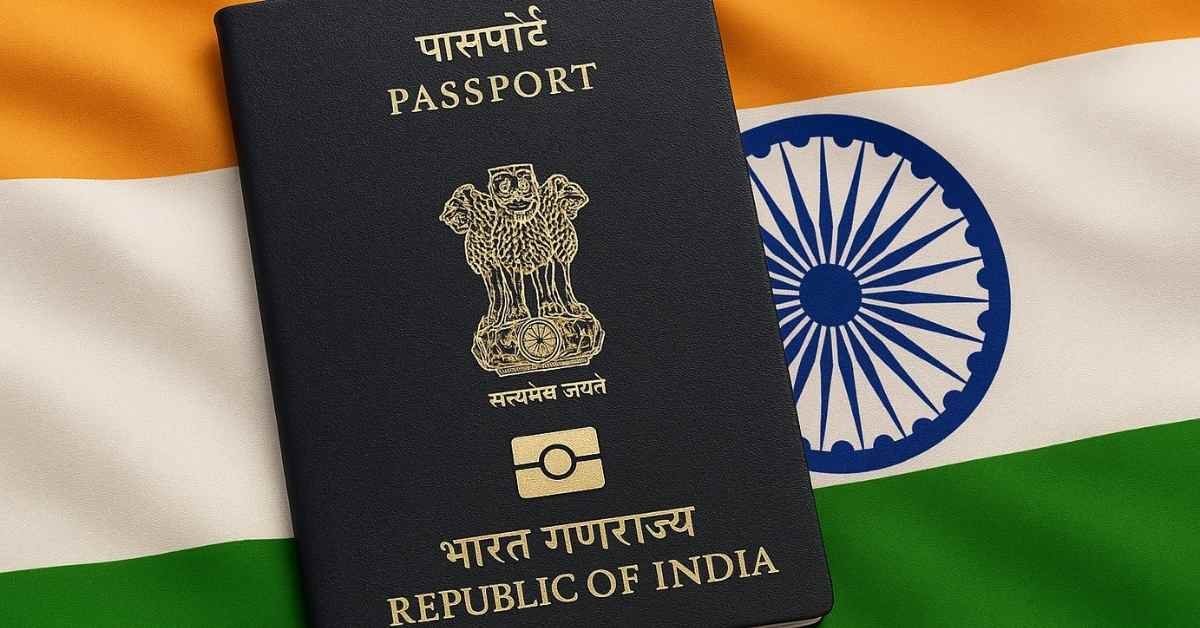ePassports Revolutionize Travel: India Rolls Out Chip-Based Passports
India introduces chip-based ePassports in 2025, enhancing travel security with ColorPlast’s technology. These RFID-enabled passports promise faster processing and robust fraud protection for Indian citizens.

Highlights
- India rolls out chip-based ePassports for secure global travel.
- ePassports use RFID chips for faster, tamper-proof verification.
- ColorPlast powers local production, boosting Make in India mission.
India has embarked on a transformative journey in travel documentation with the rollout of chip-based ePassports in 2025. Partnering with ColorVOX India, a subsidiary of ColorPlast, the government aims to enhance security and streamline international travel for millions of citizens. These next-generation passports, embedded with RFID chips, mark a significant upgrade from traditional documents, aligning India with global standards in secure travel.
How ePassports Work
The ePassports feature an embedded microchip storing biometric data, such as fingerprints and facial recognition details, alongside personal information. This RFID technology enables faster verification at immigration checkpoints, reducing wait times and enhancing efficiency. The chips also incorporate advanced encryption to prevent unauthorized access, making the passports nearly tamper-proof and reducing the risk of identity fraud.
ColorPlast’s Role
ColorPlast, known for its expertise in secure document solutions, is at the forefront of this initiative. The company’s advanced manufacturing facilities ensure the chips meet international standards set by the International Civil Aviation Organization (ICAO). By producing these passports locally, India strengthens its technological capabilities and supports the Make in India initiative, fostering economic growth and innovation.
Benefits for Travelers
For Indian citizens, ePassports promise a seamless travel experience. Automated immigration systems at airports worldwide can quickly scan the chips, expediting border control processes. The enhanced security features also protect against passport forgery, a growing concern in global travel. Additionally, the ePassports align with India’s digital transformation goals, integrating technology into everyday governance.
Challenges and Implementation
Rolling out ePassports nationwide is a massive undertaking, requiring coordination between the Ministry of External Affairs, passport offices, and manufacturing partners. Ensuring accessibility for all citizens, especially in rural areas, remains a challenge. However, the government’s phased approach and investment in infrastructure signal a commitment to making ePassports widely available. As India joins countries like the US and EU in adopting chip-based passports, travelers can expect a more secure and efficient future.
